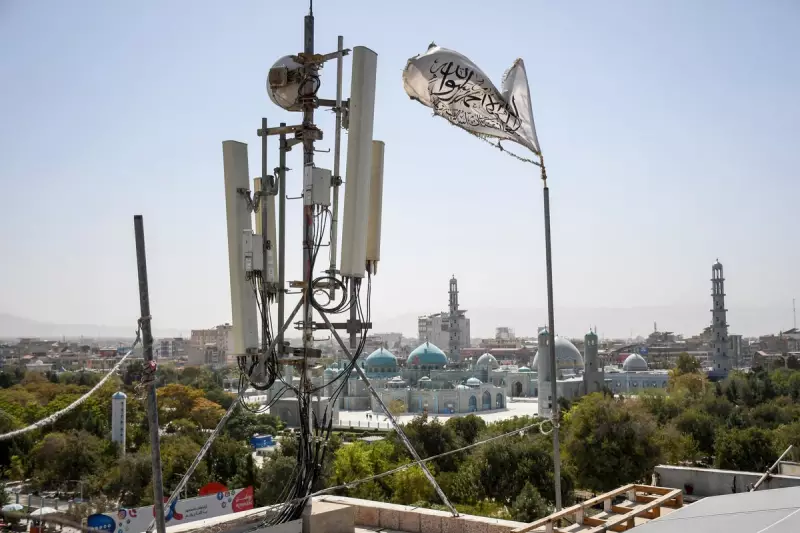
The Taliban regime has plunged vast swathes of northern Afghanistan into a digital darkness, enforcing a complete and sudden internet blackout across multiple provinces. The shutdown, which began on Tuesday, has severely impacted the key regions of Balkh and Kunduz, cutting off millions of citizens from vital online services and communication channels.
Telecommunications officials within the country, speaking on condition of anonymity, confirmed the deliberate disconnection. The blackout has left residents, businesses, and aid organisations struggling to operate, isolating the region from the rest of the world.
Economic and Humanitarian Fallout
The economic impact is immediate and severe. Local businesses that rely on online transactions and communications have ground to a halt. The ban also cripples the work of international aid agencies operating in the region, who depend on the internet for coordination and delivering essential services to vulnerable populations.
This move signals a worrying escalation in the Taliban's control over information flow. Since returning to power, the group has increasingly restricted digital freedoms, but a total provincial blackout represents a significant and alarming intensification of this policy.
A Pattern of Digital Repression
This is not an isolated incident. The Taliban has a history of imposing internet restrictions to suppress dissent and control the narrative. This latest blackout raises grave concerns that similar shutdowns could be imposed in other parts of the country without warning.
Experts warn that such actions deepen the humanitarian crisis in Afghanistan, hindering not only commerce but also access to information, education, and external support. The international community continues to monitor the situation closely, with human rights groups condemning the move as a blatant violation of fundamental freedoms.





